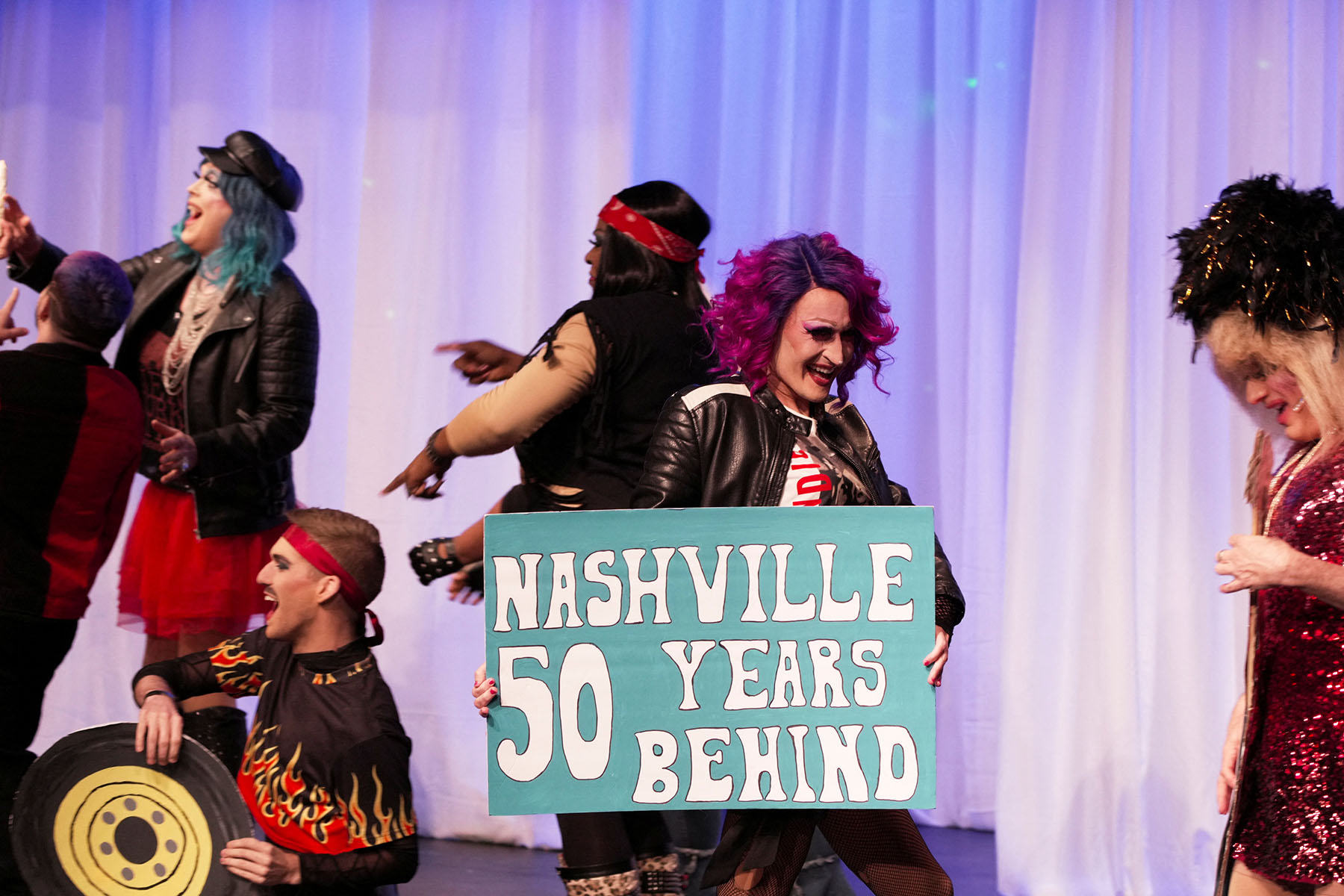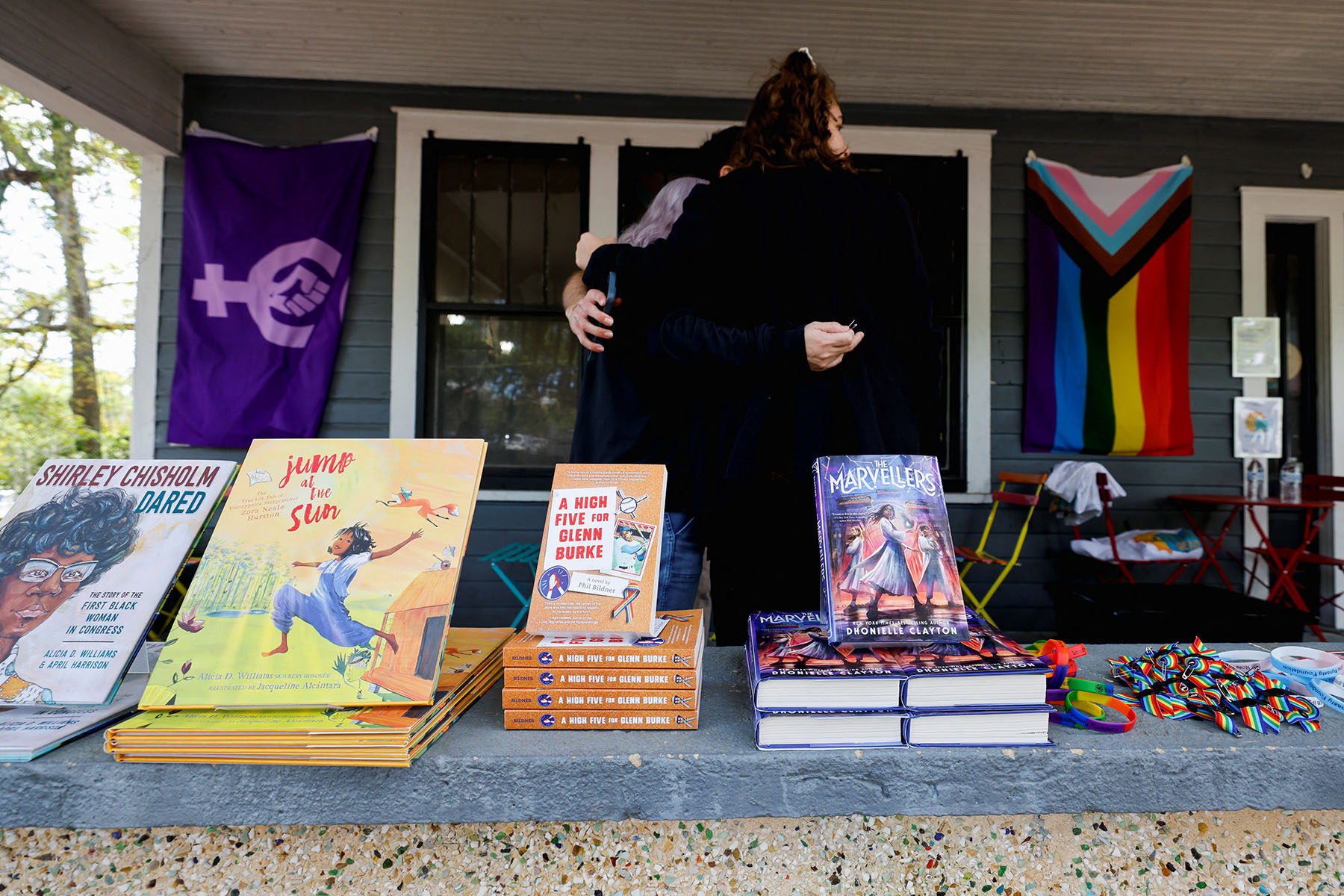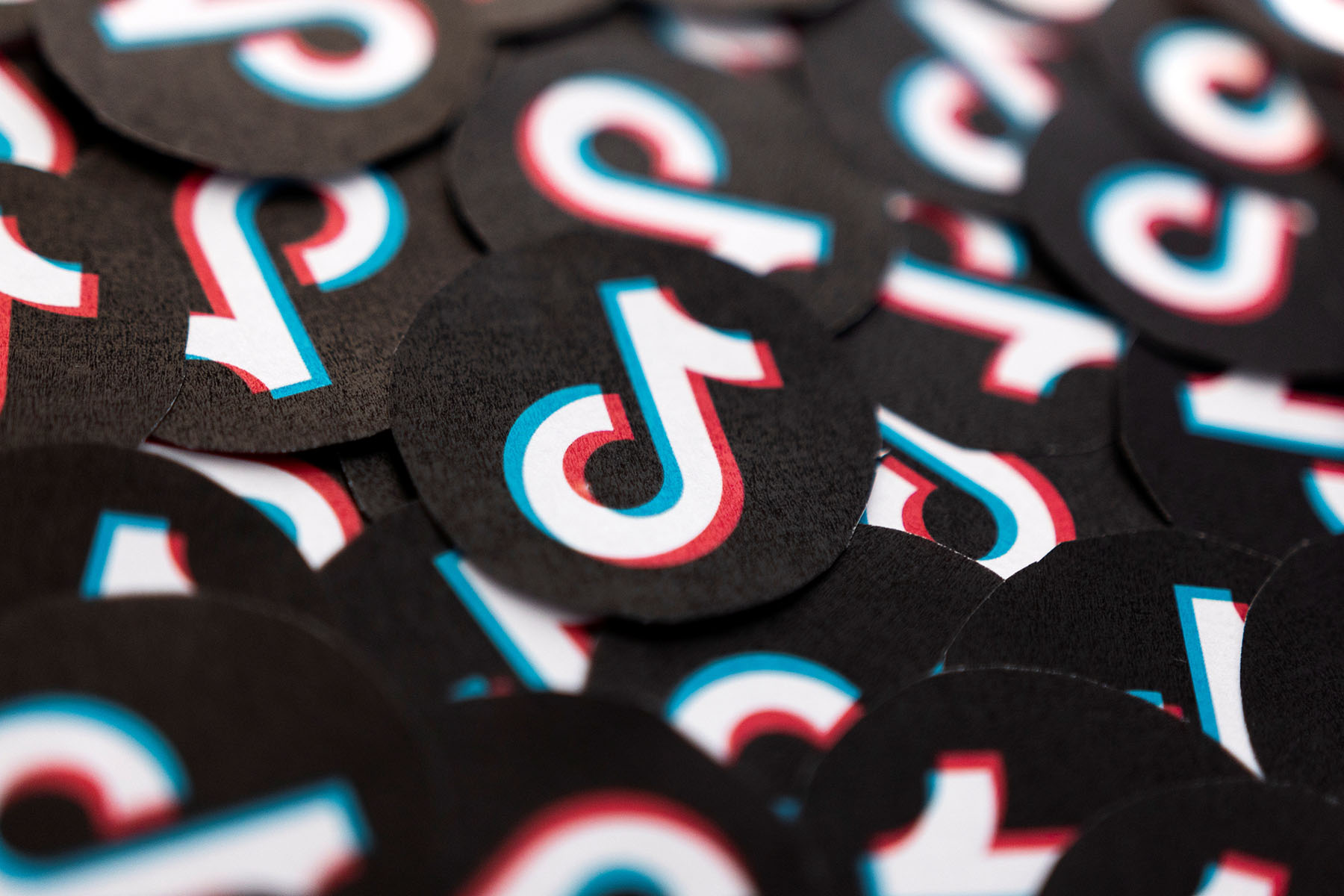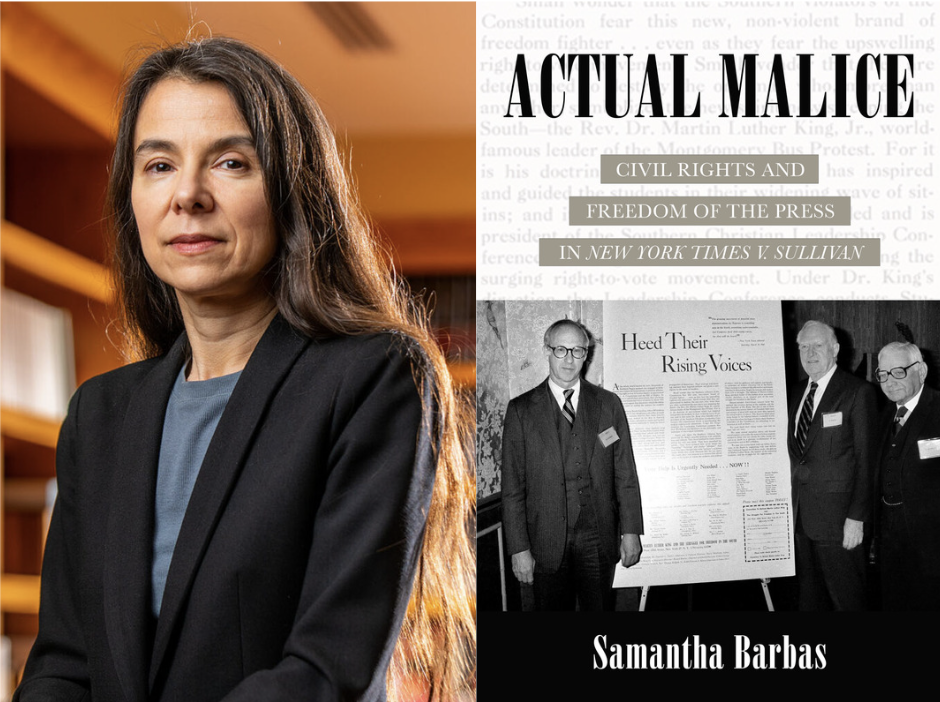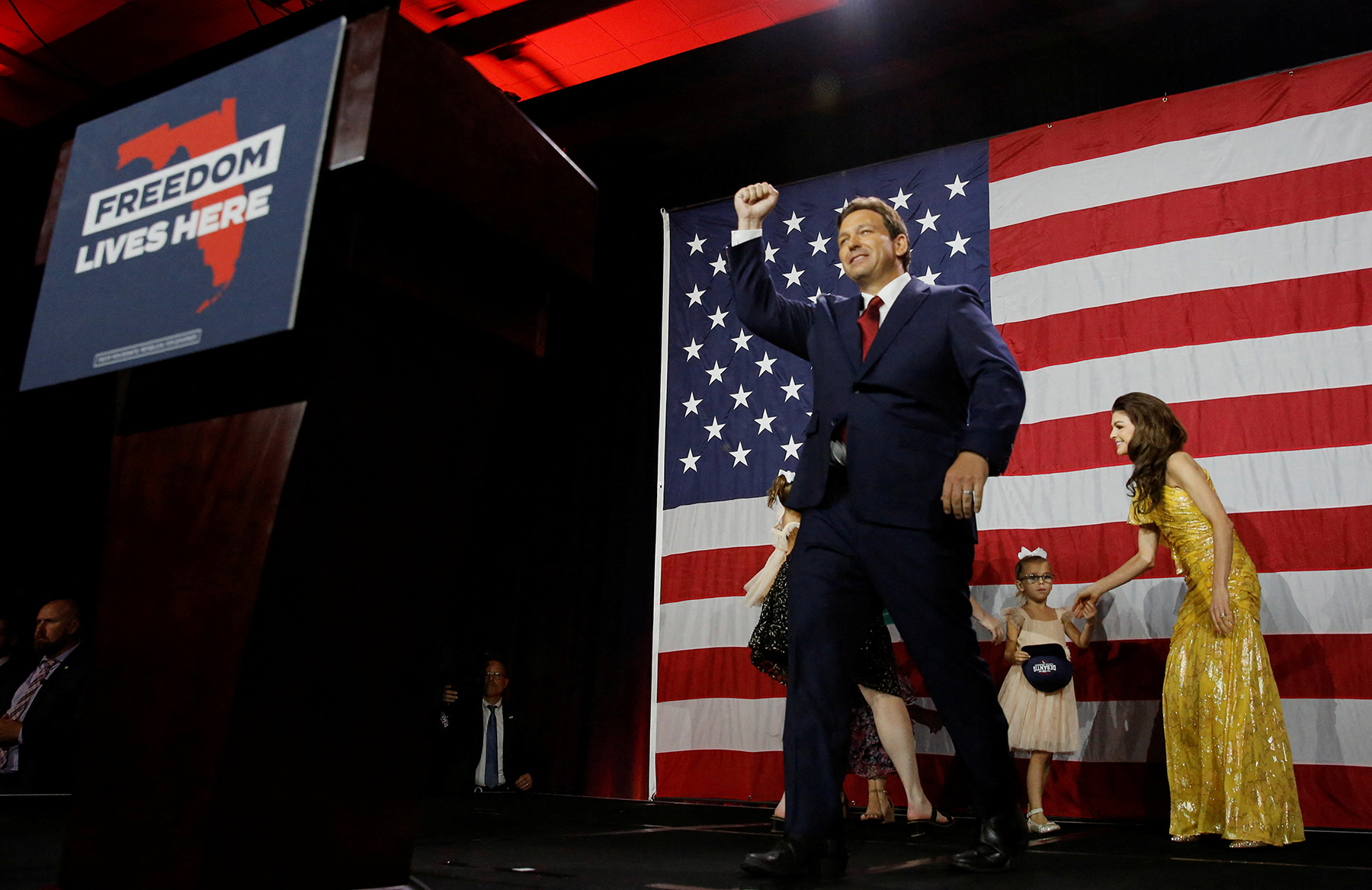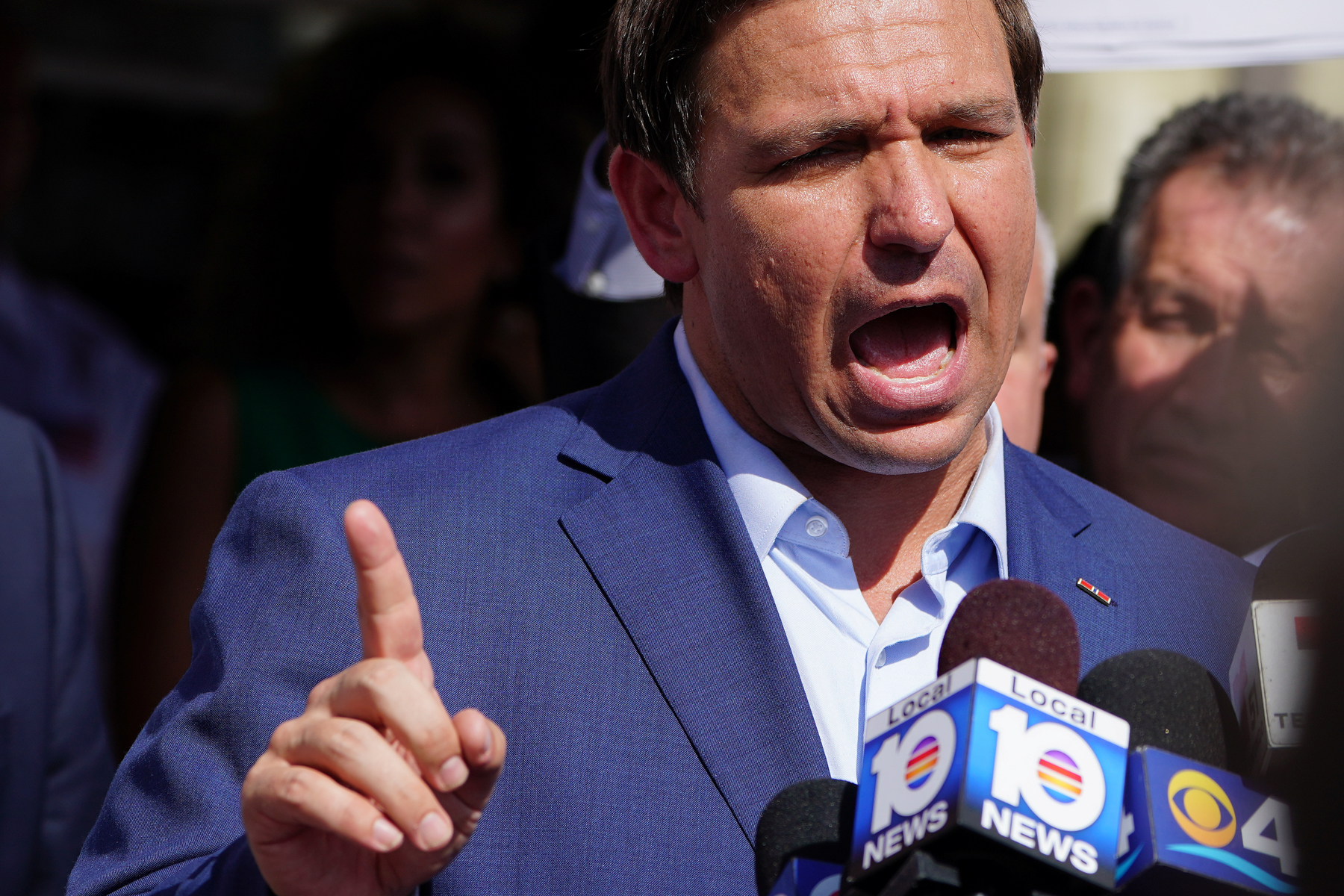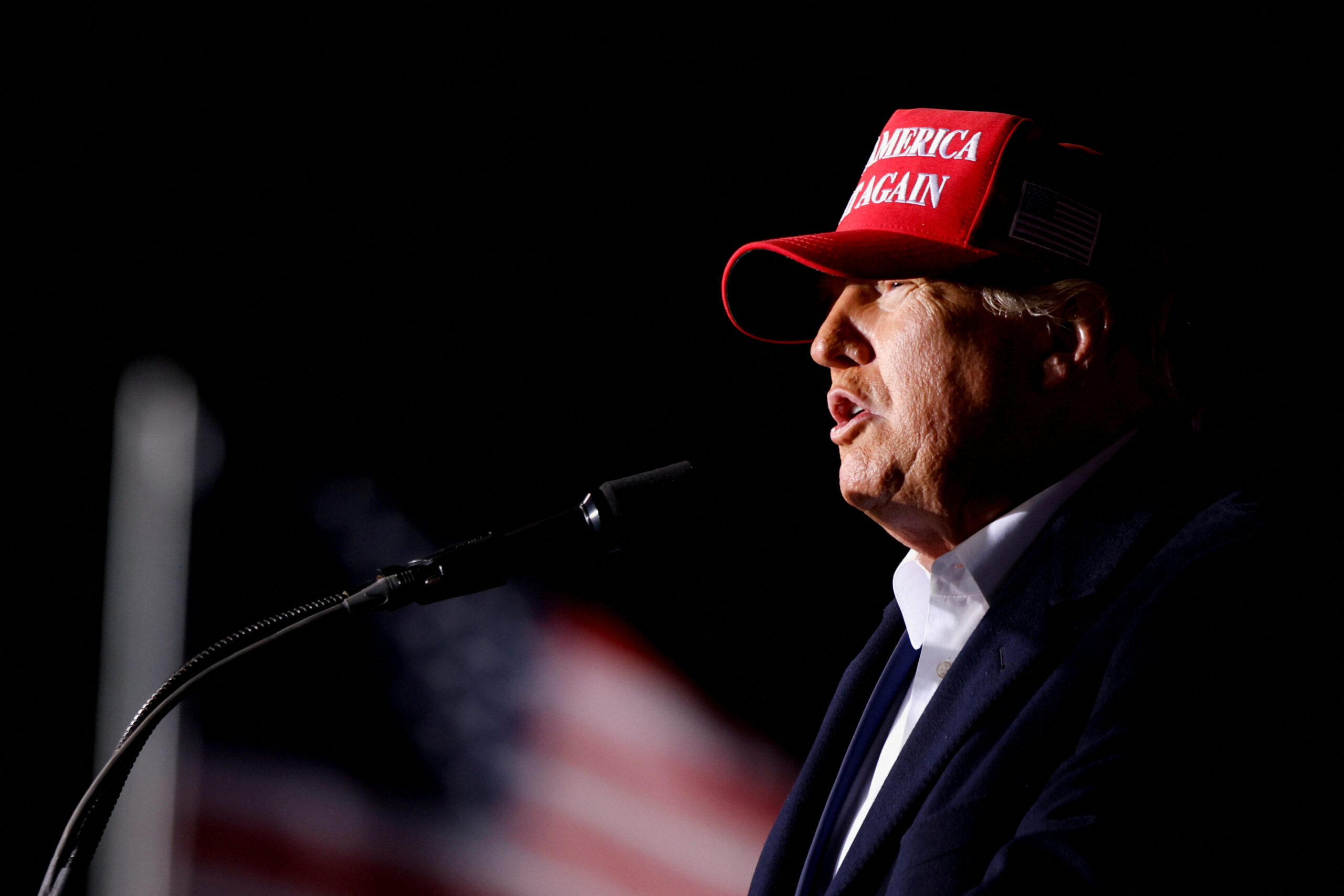Tennessee’s Anti-Drag Law is ‘Unconstitutionally Vague,’ Federal Judge Rules
A federal judge found Tennessee’s anti-drag law unconstitutional June 2, ruling it violates the First Amendment right to freedom of speech.
Three Laws Signed by DeSantis at the Center of Florida’s Surge in Book Bans
Book bans have been surging across the country, but in Florida, school boards across the state have been purging their shelves following the direction of Gov. Ron DeSantis.
A Pair of Federal Lawsuits Claim Montana’s TikTok Ban Violates the First Amendment
TikTok and five of its Montana-based creators sued the state’s attorney general in two separate federal lawsuits challenging the state’s recently signed legislation which bans the app, claiming it violates the First Amendment.
From Samantha Barbas’ ‘Actual Malice’: The Full Story of New York Times v. Sullivan
An excerpt from Samantha Barbas' recently published book "Actual Malice: Civil Rights and Freedom of the Press in New York Times v. Sullivan."
Supreme Court Declines to Hold Tech Companies Liable for Hosted Content
The Supreme Court ruled in favor of both Google and Twitter in two separate cases finding that the tech companies can’t be held liable for content their users share on the platforms.
Eleventh Circuit Upholds Preliminary Injunction Against DeSantis’ ‘Anti-Riot’ Bill
Chief Judge Mark Walker of the U.S. District Court for the Northern District of Florida granted a preliminary injunction against Florida Gov. Ron DeSantis’ “anti-riot” bill in September 2021, stating that the law was “vague and overbroad.”
Supreme Court to Decide if it will Hear Case of Florida’s Social Media Censorship Law
A federal appeals court unanimously found Florida Gov. Ron DeSantis’ social media censorship law unconstitutional in May 2022, and upheld a preliminary injunction barring enforcement of the law.
Trump’s Media Company Sues The Washington Post for Defamation, Requests $3.78B in Damages
Donald Trump’s media company which owns his Twitter-like platform, Truth Social, sued the Washington Post May 20 for $3.78 billion in damages, claiming a recently published article on the media company’s finances is defamatory.
